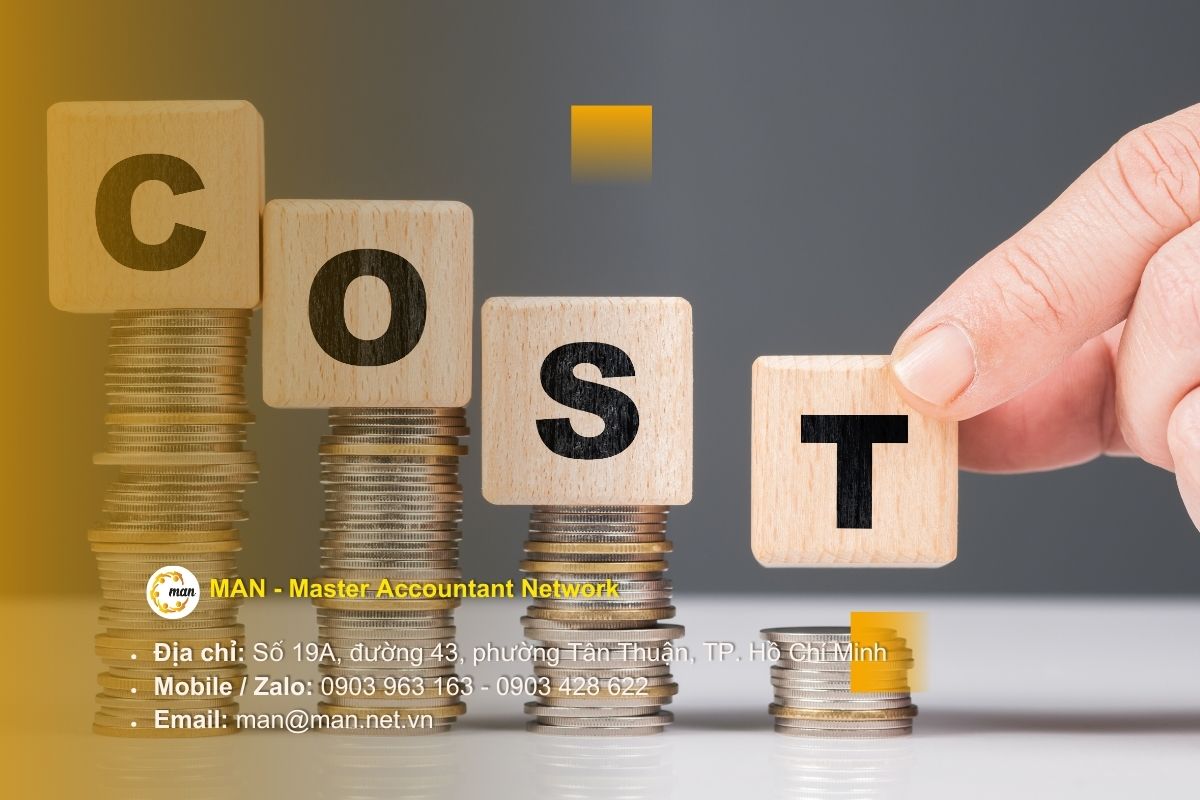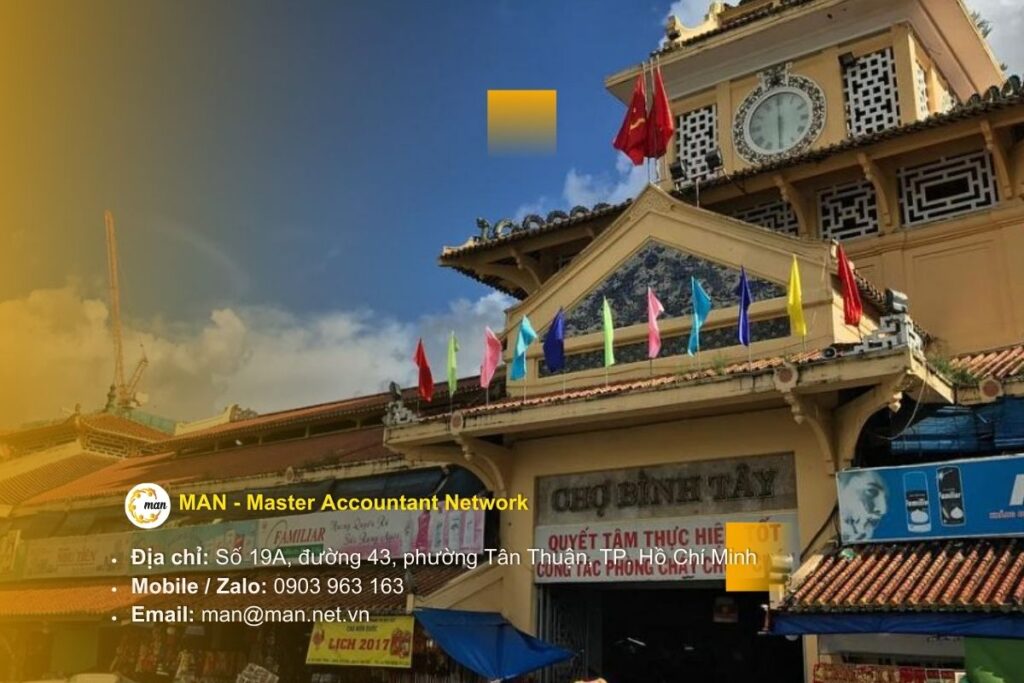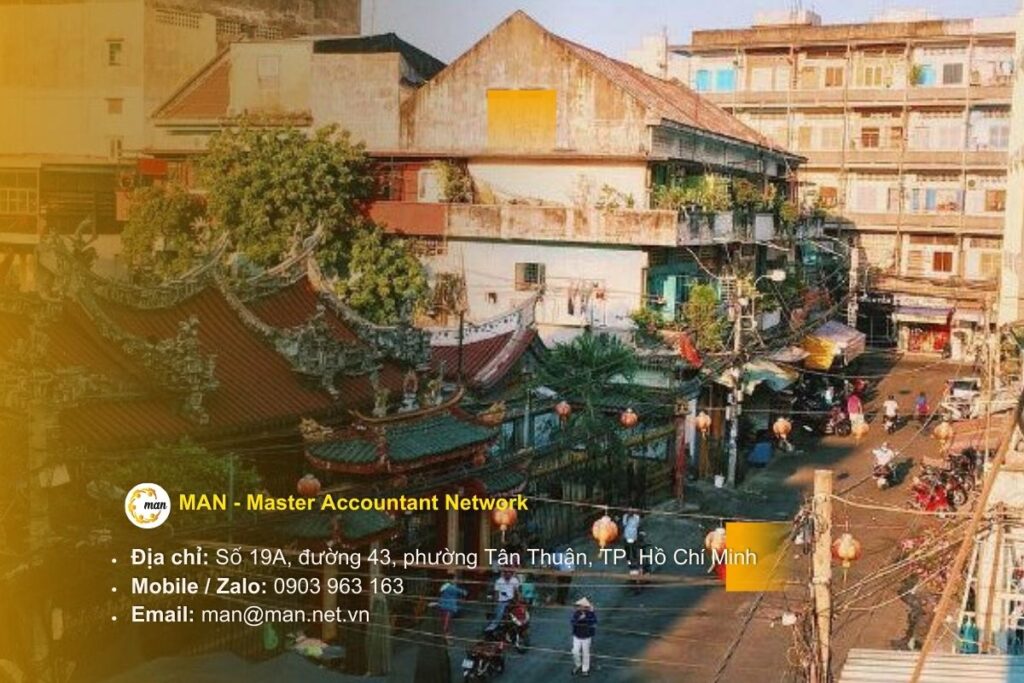Decree 20/2017/ND-CP was issued with the purpose of controlling related-party transactions, tax management and transfer pricing prevention. This document not only provides principles for determining prices, stipulates the obligation to declare and prepare related-party transaction records, but also establishes a mechanism to control loan interest expenses to limit the situation of thin capital in enterprises. Understanding the legal framework of Decree 20/2017/ND-CP helps enterprises clearly understand their compliance responsibilities and at the same time create a transparent tax management foundation. Join MAN – Master Accountant Network to learn more about Decree 20/2017/ND-CP of the Government in the article below.
General introduction to Decree 20/2017/ND-CP
What is Decree 20/2017/ND-CP?
Decree 20/2017/ND-CP was issued by the Government on February 24, 2017 and officially took effect on May 1, 2017. Decree 20/2017/ND-CP sets out the legal framework to manage and regulate related-party transactions in the tax sector. This Decree provides many necessary contents to help businesses better understand their obligations in determining transaction prices.
Importance for tax management and transfer pricing prevention
Decree 20/2017/ND-CP is of particular importance in tax management and transfer pricing prevention in Vietnam. Before this decree was issued, related party transactions often lacked transparency, creating conditions for some businesses to take advantage of transferring profits abroad, reducing actual tax obligations. This not only caused budget losses but also created inequality in the business environment.
For businesses, Decree 20/2017/ND-CP creates a clear legal framework: declaration obligations, interest expense control levels, as well as cross-border profit reporting responsibilities. By complying with regulations, businesses not only limit legal risks but also build a transparent tax management strategy.
Decree 20/2017/ND-CP contributes significantly to protecting State budget revenue, creating a fair investment environment, and at the same time aligning Vietnam with international standards on preventing base erosion and profit shifting (BEPS). This is the foundation for the sustainable development of the tax administration system.
Scope of regulation and applicable subjects
Scope of adjustment
Decree 20/2017/ND-CP provides a comprehensive legal framework on tax management for enterprises that have arising affiliate transactions Specifically, the decree clearly stipulates the principles, methods, procedures and processes for determining the price of related-party transactions based on economic nature, ensuring consistency with market prices. At the same time, this document also sets out the obligations of taxpayers in declaring and determining the price of related-party transactions, as well as fully declaring and paying taxes. In addition, the decree also stipulates the responsibilities of state management agencies in monitoring, checking and tax inspection of enterprises with related-party activities, thereby limiting transfer pricing and budget loss.
The scope of Decree 20/2017/ND-CP includes all transactions arising in the production and business process between related parties as prescribed in Article 5 of the Decree. However, some specific transactions such as the purchase and sale of goods and services subject to State price management will be carried out according to separate provisions of the law on prices, not within the scope of application of this Decree.
Applicable objects
- Units that produce and trade goods and services (collectively referred to as taxpayers) are subject to corporate income tax (CIT) and have transactions with related parties as prescribed in Article 5 of Decree 20/2017/ND-CP.
- General Department of Taxation, Tax Department and Tax Branch
- Other relevant State agencies, organizations and individuals
Principles of application
Decree 20/2017/ND-CP, taxpayers when having related-party transactions are responsible for fully declaring and eliminating factors that may reduce tax obligations due to the influence of related-party relationships.
For tax authorities, Decree 20/2017/ND-CP empowers them to manage, inspect and closely examine the transfer pricing of taxpayers. Tax authorities apply the principle of independent transactions and the principle of “substance over form” to eliminate transfer pricing that reduces the tax obligations of enterprises. When necessary, tax authorities can adjust the transfer pricing to accurately and fully determine tax obligations to the state budget.
The principle of arm’s length trading is applied consistently according to international standards, based on the provisions of the Double Taxation Avoidance Agreement that Vietnam has signed. This ensures transparency and creates a fair competitive environment between domestic enterprises and foreign-invested enterprises.
Article 5: Regulations on related parties
1/ Regulations on the relationship of related parties (collectively referred to as “related parties”).
- A party directly or indirectly involved in the management, control, capital contribution or investment in the other party.
- Parties are jointly under the management, control, capital contribution or investment of another party (directly or indirectly).
2/ About the affiliated parties
Decree 20/2017/ND-CP, an affiliated relationship is determined when there is significant control over capital, finance or management between enterprises or between enterprises and individuals. Specifically, in the case where an enterprise directly or indirectly holds 25% or more of the capital contribution of another enterprise, or is jointly owned by a third party, it is considered an affiliated relationship.
In addition, holding a controlling stake, lending or guaranteeing capital that accounts for a large proportion of total debt, or the right to appoint and control the board of directors of 50% members also creates an affiliated relationship.
This relationship is also established when two enterprises have common management from key personnel, have family ties (husband and wife, parents, children, siblings, etc.), or when there is a head office - permanent establishment relationship, both are permanent establishments of foreign organizations.
In general, any case showing actual domination or control over the production and business activities of another enterprise is considered an affiliated relationship according to regulations.
Not only stopping at determining the relationship, Decree 20/2017/ND-CP also regulates controlling loan interest expenses to limit the risk of thin capital and optimize tax management.
Decree 20/2017/ND-CP regulates control of loan interest costs
Decree 20/2017/ND-CP regulates the control of loan interest expenses. Specifically, the decree stipulates:

- Total net interest expense (interest expense after deducting deposit interest and loan interest) of an enterprise that is deductible when calculating corporate income tax does not exceed 20% of total net profit from business operations plus interest expense and depreciation expense (similar to EBITDA indicator).
In other words, a business can only calculate a maximum of 20% of net interest expenses into deductible expenses, the excess amount will not be deductible when determining taxable income.
Mechanism for transferring excess interest expense
The interest expense exceeding the 20% limit is not completely lost, but is carried forward to the next tax period (up to 5 years). Therefore, the enterprise still has the opportunity to record this expense in the future if it has a profit large enough to absorb the excess amount.
Regulatory restrictions
Decree 20/2017/ND-CP is the first legal document at the Decree level issued by the Government to manage taxes on related-party transactions and prevent transfer pricing. The issuance of this Decree marks an important step forward in bringing Vietnam's regulations closer to international practices, in the context of increasingly sophisticated and complex transfer pricing and tax avoidance behaviors of multinational corporations.
“The current corporate income tax policy provides for tax incentives and exemptions for industries, sectors, and localities. Corporations take advantage of differences in tax rates, incentives, and tax exemptions to transfer profits between domestic corporations to evade taxes. In addition, some domestic corporations also arrange transactions and transfer pricing to transfer profits to corporations that are operating at a loss (with losses to be transferred); transfer profits from profitable enterprises to loss-making enterprises to evade taxes.
Transfer pricing and profit transfer not only occur in FDI enterprises but also appear in domestic enterprises because even in domestic operations, Vietnamese enterprises have invested in many industries and fields such as trade, services, production... Obviously, even domestically, there is a phenomenon of transferring profits from enterprises and locations with high tax rates to enterprises and locations with low tax rates; transferring profits from profitable enterprises to loss-making enterprises"
References: Ministry of Finance
Relationship with Decree 132/2020/ND-CP

Decree 20/2017/ND-CP has revealed some limitations, especially the regulation on controlling loan interest costs at 20%, causing difficulties for many businesses, as well as not being really flexible in applying to each specific case.
The connection between Decree 20/2017/ND-CP and Decree 132/2020/ND-CP is shown in that: Decree 132 inherits the basic principles of Decree 20 on anti-transfer pricing and tax management for related-party transactions, but at the same time has important adjustments to better suit reality.
Comparison of Decree 20/2017/ND-CP and Decree 132/2020/ND-CP
In the process of tax management for related-party transactions, Decree 20/2017/ND-CP is considered the first legal foundation. However, the implementation has revealed many limitations, especially the regulation on controlling interest expenses 20%. To overcome and approach international practice, the Government issued Decree 132/2020/ND-CP with many important innovations. The table below will help you clearly visualize the differences and connections between these two decrees.
| Criteria | Decree 20/2020/ND-CP | Decree 32/2020/ND-CP | Change points and significance |
| Main objective | Anti-transfer pricing, tax management with related transactions | Perfecting the mechanism, in line with international practices (BEPS), reducing shortcomings of Decree 20 | Increase transparency, balance interests |
| Control interest costs | Up to 20% EBITDA | Up to 30% EBITDA | Support businesses, reduce loan burden |
| Transfer pricing determination dossier | Requested to be established, but not yet synchronized | Clearly defined according to BEPS standards: Local file, Master file, CbCR | Transparency, international integration |
| Country-by-Country Reporting (CbCR) | Yes, but not in detail | Clearly stated: The parent company in Vietnam with revenue ≥18,000 billion must pay | Clear multinational corporate responsibility |
| Principles of application | Independent transaction, nature determines form | Inheriting the principles of Decree 20, but more detailed and stricter | Increase the effectiveness of anti-transfer pricing |
| Impact on business | Being reflected causes difficulties, especially regulation 20% loan interest | More open, but still tightening anti-transfer pricing | Balance between management & business support |
Through the comparison table, it can be seen that Decree 132/2020/ND-CP not only inherits the foundation from Decree 20/2017/ND-CP but also completes and adjusts many regulations to be more suitable to reality. These changes help businesses have a clear and transparent legal basis in declaring and determining transfer pricing, while creating conditions for tax authorities to enhance management efficiency and prevent budget losses.
Conclude
Decree 20/2017/ND-CP plays an important foundational role in establishing the first legal framework on tax management for related-party transactions and anti-transfer pricing in Vietnam. Although it was later inherited and supplemented by Decree 132/2020/ND-CP, the initial provisions of Decree 20 have created a premise to enhance transparency and fairness in production and business activities, while limiting transfer pricing and loss of State budget revenue. Proper and full compliance with the provisions of this Decree not only helps businesses minimize legal risks, but also contributes to building a sustainable, healthy investment environment in accordance with international practices.
For specific advice, businesses please contact MAN – Master Accoutant Network.
Contact information MAN – Master Accountant Network
- Address: No. 19A, Street 43, Binh Thuan Ward, District 7, Ho Chi Minh City.
- Mobile/zalo:+84 (0) 903 963 163 or +84 (0) 903 428 622
- Email: man@man.net.vn
Editorial Board: MAN – Master Accountant Network




